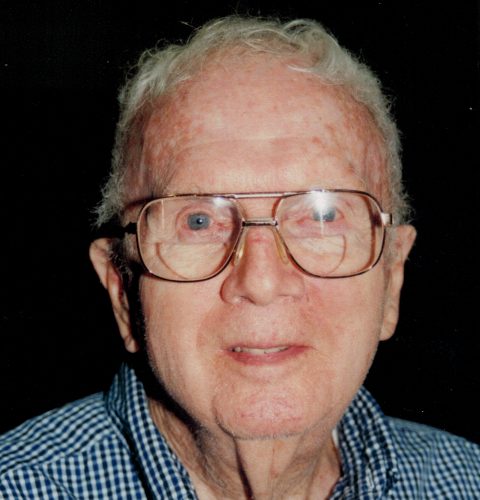Labels, Labels, Labels
Homeschoolers. Working Mothers. Teenagers. The Elderly. Millennials. Generation Xers. Labels, labels, labels! We learned as little children that we shouldn’t call other people names. If we aren’t careful, that is exactly what we are doing with labels.
Let’s talk a minute about “the elderly.” The first time I realized that “the elderly” was a label that might hurt someone’s feelings was after Ray’s dad moved in with us in 1999. I had felt comfortable with the word before then, but when I heard it coming naturally out of my mouth in casual conversation around Ray’s dad, I wasn’t so sure about it anymore. It was one thing to talk about the elderly in the abstract, but it was another thing to use the word around an 85-year-old man whom I adored right there in our own home.
I don’t remember if he ever said anything about “elderly,” but I do remember how he felt about the appearance of getting old. A medical caregiver recommended that Ray’s dad use a walker. This sweet, wonderful man was adamant that he would do no such thing! One day he told us why: “People will laugh at me.”
One other way that I knew Ray’s dad wanted to be treated simply like a regular person, and not an elderly one, was when he told me what he wanted me to call him. After he moved in with us, he wanted me to call him simply, “Wes.” Ouch, that was hard, especially when I called him that in front of other people. I felt so disrespectful. “What will people think of me calling this older man by his first name?” I wondered. However, I knew that the respectful thing was to do what this man (not this “older man”) wanted me to do.

When I criticize labels, I don’t do so to be what the world calls “politically correct.” I want to be loving and respectful of people and think of them the way God does.
Bear with me now. I’ve been thinking about addressing this issue for a while now. I’m heading somewhere. Okay, here we go . . . .
Some negative labels are accurate. Jesus used specific labels, such as liar and thief. But Jesus didn’t leave people there. He gave us the ultimate solution to those labels. It’s called forgiveness. The whole idea of forgiveness recognizes that behavior is a choice. We make choices to do actions that are wrong; God provides forgiveness.
If we confess our sins,
He is faithful and righteous to forgive us our sins
and to cleanse us from all unrighteousness.
1 John 1:9
And we do need forgiveness. It’s not that we just happen to be liars and thieves. We have chosen to do those things — or a host of other sins.
This is what the apostle Paul told Colossians about overcoming labels — the ones we choose for ourselves, such as liar and thief, and the ones we don’t choose, such as elderly and Millennial. He tells us how to treat other people — and their labels, too.
Therefore consider the members of your earthly body
as dead to immorality, impurity, passion, evil desire,
and greed, which amounts to idolatry.
For it is because of these things that
the wrath of God will come upon the sons of disobedience,
and in them you also once walked, when you were living in them.
But now you also, put them all aside:
anger, wrath, malice, slander, and abusive speech from your mouth.
Do not lie to one another, since you laid aside the old self
with its evil practices, and have put on the new self
who is being renewed to a true knowledge
according to the image of the One who created him—
a renewal in which there is no distinction between Greek and Jew,
circumcised and uncircumcised, barbarian, Scythian, slave and freeman,
but Christ is all, and in all.
Colossians 3:5-11

